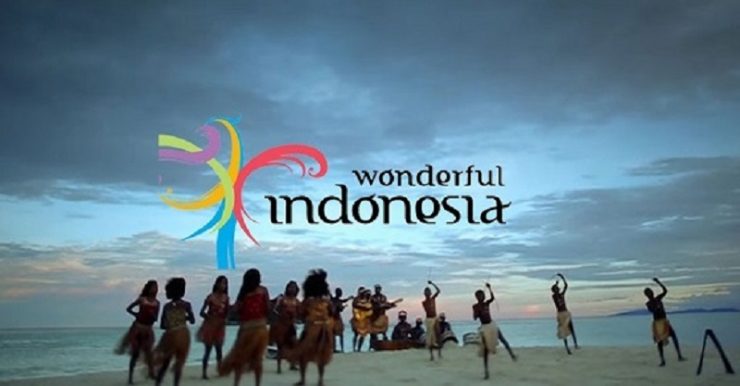INTEGRATED tourism promotion strategy can be realized through multi-stakeholder synergy (diaspora, government institutions, private sector), development of integrated tourism packages and use of soft power diplomacy that integrates tourism, trade, investment and culture sectors to strengthen the promotion of destinations and investment opportunities for Indonesian tourism in the international market.
According to the Director General of Information and Public Diplomacy, Ministry of Foreign Affairs, Siti Mauludiah, said that we are ready to help promote regional tourism, because this is our job, we are waiting for invitations and invitations, of course in coordination with the Ministry of Tourism.
The same thing was said by the Directorate of Visas and Travel Documents of the Ministry of Immigration and Corrections, Anggit Suhandono, who said that optimizing adaptive, dynamic visa policy will support accessibility for quality tourists.
“One of the immigration programs that also supports efforts to increase tourist visits is the visa-free visit, visa-on-arrival and e-visa. Our current policy is more focused on quality travelers, which means that anyone can come to Indonesia, but they must bring positive contributions to Indonesia,” Anggit said.
Anggit explained that the Directorate General of Immigration supports programs that can improve Indonesia’s tourism performance, including Autogate, Golden Visa, various visa platforms, and the 7-day Visa on Arrival policy.
“If we compare between 2019 and 2024, foreign visits in November are the same, visa-free visit is not the most important factor for foreigners interested in Indonesia, but one of the promotional factors from all of you at the Ministry of Foreign Affairs, Ministry of Tourism, it turns out that entering Indonesia is very easy and fast,” Anggit affirmed.
On the occasion of the 2024 Pre-National Tourism Coordination Meeting for Session 3, it can be concluded that the Ministry of Public Works and Public Housing (PUPR) has supported the development of 5 Super Priority Tourism Destinations (DPSP) in 2020-2024 with the main focus on the development of road infrastructure, drinking water supply systems, waste water treatment plants (IPAL) and strategic location planning.
In 2025-2029, infrastructure support will focus on supporting technology-based sustainable development. The Tourism Housing Facility Program is expected to increase alternative accommodation options in DPP and improve the welfare of the surrounding community.
Meanwhile, in session 4, the Directorate General of Cultural Utilization and Development of the Ministry of Culture developed a strategy to promote culture for sustainable development, namely through cooperation among stakeholders, strengthening the protection, development and utilization of tangible and intangible cultural heritage, and strengthening the cultural ecosystem in villages to support inclusive, sustainable tourism products and promotion, and involving local communities.
The General Directorate of Digital Infrastructure of the Ministry of Communication and Digital will develop digital infrastructure integrated with 5G services in priority destinations and support the improvement of human resource capacity through the Digital Talent Scholarship Program. [traveltext.id]
















